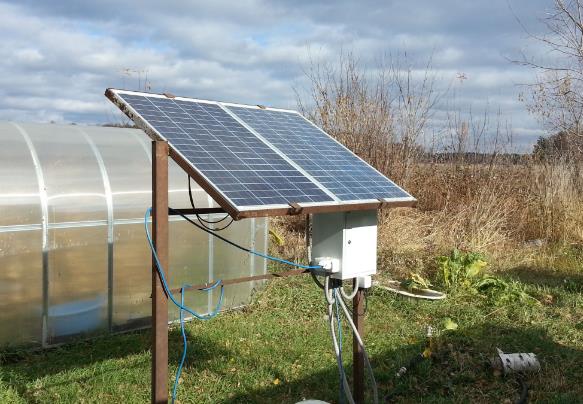KWh Production: What Can a 100 Watt Solar Panel Generate?
In today's eco-conscious world, solar energy is not just a trend but a vital part of our journey towards sustainable living. Among the plethora of options, the 100-watt solar panel stands out for its affordability and versatility. Let's dive deep into the potential of this compact powerhouse and decode how many kWh does a 100 watt solar panel produce over different conditions.

Peak Sunlight Hours: The Crucial Factor
The output of a solar panel is profoundly influenced by peak sunlight hours – the average number of hours in a day when the sunlight intensity is strong enough to be considered equivalent to the bright noon sun. This figure varies widely depending on your geographical location.
For instance, in the sunny states of the USA like Arizona or California, you can expect around 5 to 6 peak sunlight hours on average. In contrast, states like Washington or Oregon might average around 2.5 to 3.5 hours due to their cloudier climates.
Doing the Math: Potential Energy Output
A 100W solar panel, under ideal conditions, means it can produce up to 100 watts of power in an hour of peak sunlight. To calculate the daily output, you simply multiply the wattage by the average peak sunlight hours.
In Arizona, with an average of 5.5 peak sunlight hours:
- 100 watts * 5.5 hours = 550 watt-hours or 0.55 kWh per day.
This means, in a month, a single 100W panel can generate about 16.5 kWh in a place with Arizona's sunlight profile.
Real-World Expectations
However, real-world conditions aren't always ideal. Factors like the angle of the panel, temperature, the efficiency of the inverter, and potential shading can affect the actual output. It's realistic to expect some degree of efficiency loss, typically between 10% to 25% depending on your setup and environmental factors.
Storage and Usability
To make the most out of the generated power, storing it effectively is key. A battery storage system can help harness the solar power produced during the day for use at night or during low-sunlight periods. The capacity and efficiency of your storage solution will play a significant role in how much of the generated power you can actually use.
How Many KWh Does a 100 Watt Solar Panel Produce?
The straightforward answer is that how many kWh does a 100 watt solar panel produce depends largely on your location's peak sunlight hours and the real-world efficiency of your solar setup. On average, you can expect a 100W panel to generate between 0.3 to 0.55 kWh per day in most parts of the United States, translating to about 9 to 16.5 kWh per month.
While a single 100-watt panel might not power your entire home, it's more than capable of handling smaller loads, such as charging laptops, smartphones, and other small devices. For those looking to scale up, combining multiple panels can significantly increase your energy independence, reduce carbon footprint, and even cut down on electricity bills.
In conclusion, the 100-watt solar panel is a testament to the potential of solar energy. With the right setup and expectations, this small but mighty solution can be a stepping stone towards a more sustainable and energy-independent lifestyle.